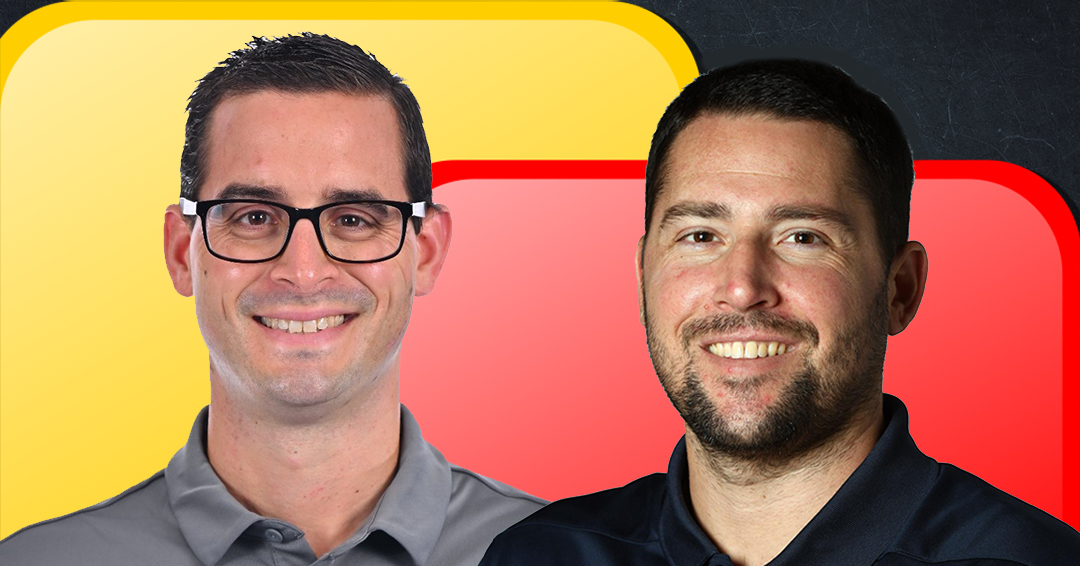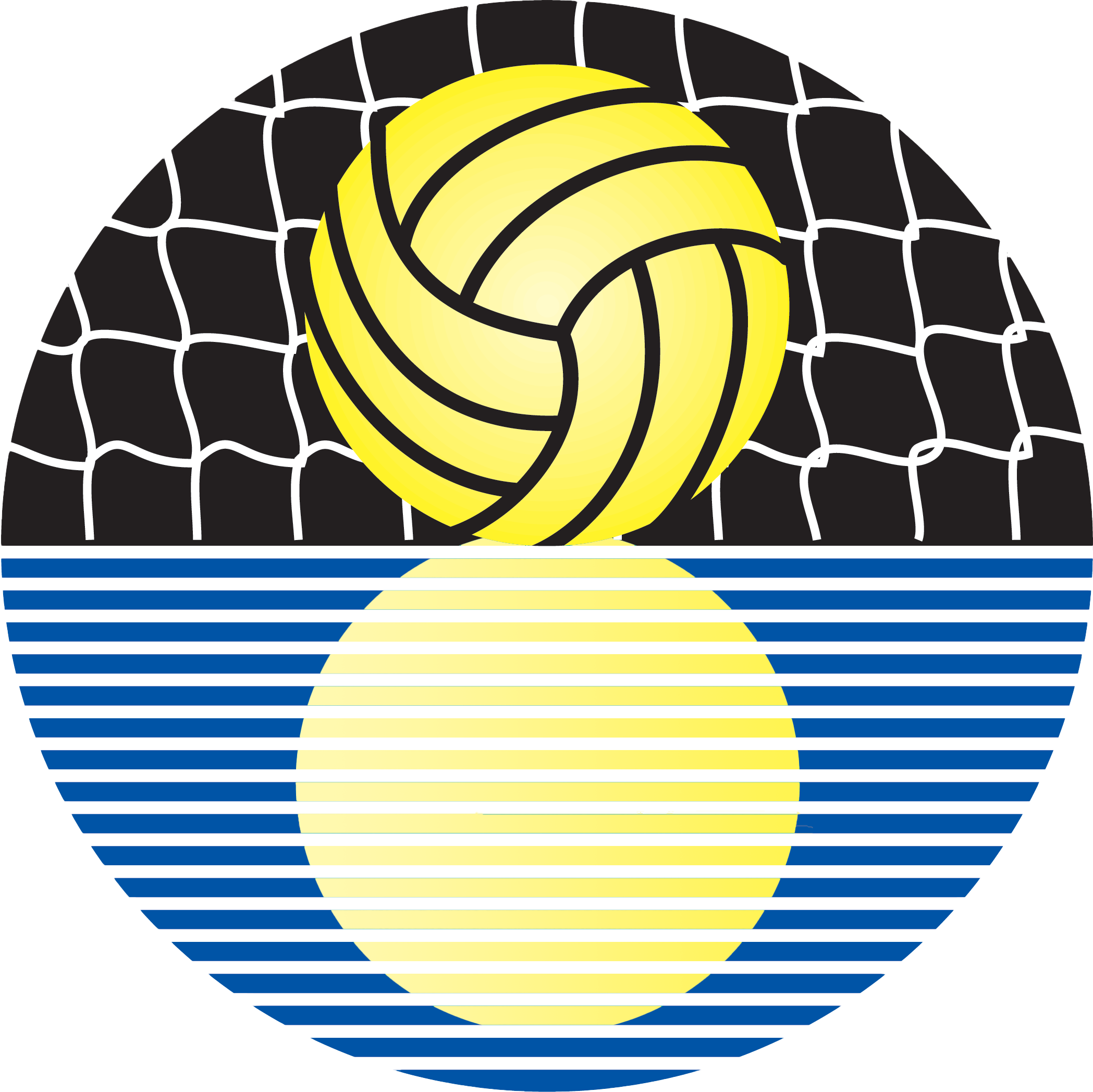BRIDGEPORT, Pa. — When it comes to water polo, all coaches need to know the rules in order to instruct their players in a constructive and effective manner.
Some coaches have the upper hand in the mastery of the rules, they have a dualistic expertise in that category.
Two collegiate head coaches of varsity programs have an advantage when it comes to understanding the mind of an official and translating it into their coaching style and ability. These coaches are Michael Gordon, head women’s coach of Villanova University, and James Wolff, head women’s coach of La Salle University. Both of these men have had a unique journey to getting to where they are today, but they also have something very important in common; being a collegiate referee at a high level.
Officials are present to make sure that a game runs smoothly and fairly, they help maintain the standard of play benefiting everyone involved. They ensure the safety of the student-athletes while allowing them to perform to the best of their ability in the pool. Officiating gives individuals experiences that contribute to future leadership abilities.
A coach that previously refereed at a high level gains knowledge of the game that others may not have the ability to comprehend. Both coaches have experienced the game on a variety of different levels, as a player, coach, and official. Their experiences allow them to appreciate officiating and the ability to advocate for their players in a game due to their mastery of knowledge of the rules and regulations.
Newly hired head coach of Villanova’s varsity women’s water polo team, Gordon has served as an official for many years on both the West and East Coasts. A standout athlete for the Villanova men’s collegiate club team who began officiating in San Diego following his graduation from the Main Line institution, he returned to the Wildcats in 2018 as an assistant coach to then head coach Larry Sanders while also serving as the Collegiate Water Polo Association (CWPA) collegiate club officiating assignor.
 As the assignor for officials, Gordon was able to build relationships with coaches and referees – an advantage during the fall when officiating and the spring when coaching.
As the assignor for officials, Gordon was able to build relationships with coaches and referees – an advantage during the fall when officiating and the spring when coaching.
He first started working as a collegiate official for varsity games in 2008 and has worked multiple conference championships for the CWPA and Western Water Polo Association (WWPA).
Gordon has been able to translate his extensive knowledge of the game from refereeing into his coaching style by teaching his players the rules to the best of his ability while trying to translate what goes through a referees mind during a game.
“Seeing the game from a coach’s perspective allows me to know what is going through the coach’s mind throughout the game and what calls are expected to be made,” said Gordon.
The experiences go hand in hand in helping him excel in both areas.
Down the road from Villanova, La Salle’s Wolff is beginning his second year as the Explorers’ women’s water polo head coach.
A former competitor for Pepperdine University, he broke into the officiating ranks in 2009 by calling a Brown University versus Iona University men’s game.
 He has worked his way up the officiating ranks while building a coaching and refereeing resume that includes experience at every level – from high school to college.
He has worked his way up the officiating ranks while building a coaching and refereeing resume that includes experience at every level – from high school to college.
Starting at Greenwich Aquatics in 2013, he led his team to the bronze medal at the 2019 Junior Olympics in the Platinum Division. A USA Water Polo and collegiate official for many years, he was selected to call the NCAA Championship men’s water polo play-in games pitting Princeton University versus Fordham University in both 2021 and 2022,
Wolff took a position on the collegiate sidelines in March 2022 as a full-time assistant coach at Iona University prior to assuming his current position at La Salle a few months later in July 2022.
“My extensive officiating experience has given me a unique perspective when standing as the head coach,” notes Woff. “It offers the mastery of the rules that you can teach to your student-athletes, which can directly affect the outcome of the game.”
“Being trained as a referee gives you the knowledge necessary to instruct your players on what to do, but more importantly what not to do. Being able to think like an official helps instruct athletes to go the extra mile in performing to the best of their ability.”
Officiating is essential in any sport, it serves as a non biased third party to make decisions that coaches on one team would not be able to make for the good of the overall game. Everyone wants to win, but officials make athletic competitions possible. Both Michael Gordon and James Wolff understand the importance of what a referee brings to a game, they have been on both sides of the whistle and been able to translate their knowledge of the game into the athletes to promote successful teams.
By: Abigail Shelby, Collegiate Water Polo Association Intern




